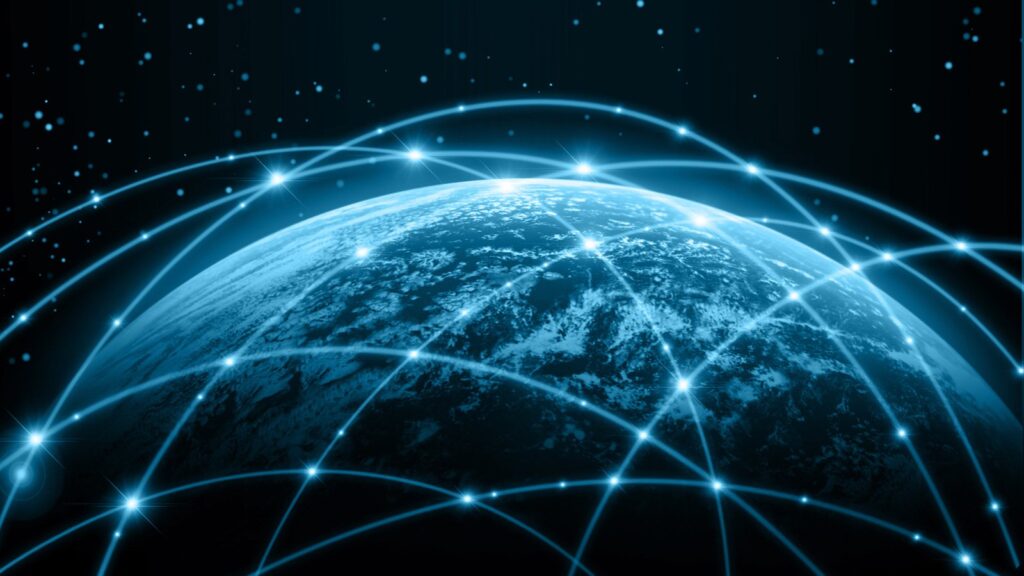A major internet subsea fiber cable in the South of France was severed yesterday at 20:30 UTC, causing connectivity problems in Europe, Asia, and the United States, including data packet losses and increased website response latency.
Cloud security company Zscaler reports that they made routing adjustments to mitigate the impact. However, users still face problems due to app and content providers routing traffic through the impacted paths.
“Zscaler is working with the content providers to have them influence their portion of the path,” reads a notice from Zscaler.
“If you experience slowness with specific applications, especially applications hosted overseas, please contact the application provider and refer them to this trust post.”
The repair crews moved quickly on the scene but had to wait for the police to collect evidence before they were allowed to work on restoring the damage.
At 23:00 UTC, it was confirmed that the incident had impacted three links: Marseille-Lyon, Marseille-Milano, and Marseille-Barcelona.
The last update on the situation came at 01:00 UTC when Zscaler’s repair crews restored one of the links, but the technicians continued observing packet losses and latency for some destinations.
Cable damages in the UK too
At the same time, BCC reports that another subsea cable linking the Shetland Islands to the Scottish mainland has been damaged, too, leaving netizens on the island isolated from the rest of the world.
Not only that, but it has also reduced the capacity of Shetland’s population of 23,000 to call for emergency services, as communication has been impacted in general.
Police Scotland has issued an advisory today urging people not to make unnecessary calls, as the few available lines should remain open for emergencies.
This incident comes as technicians were already working on fixing the link between the Faroe Islands and Shetland, which was also severed last week.
Faroese Telecom’s head of infrastructure Páll Vesturbú told the BBC that the cable cuts are believed to have been done by fishing vessels, though it’s unusual to have two incidents simultaneously.
Possible sabotage?
Many assume that the chances of simultaneous undersea cable cuts in Europe due to fishing trawlers are slim and that sabotage is the only likely explanation.
This isn’t hard to believe during global geopolitical crises that motivate nations to damage energy and telecommunications infrastructure.
If the total internet outage in Shetland were to happen in a larger and more populous place, it would cause a catastrophic economic standstill and jeopardize the well-being of its people.
As for who might do something like that, western analysts have repeatedly warned that Russian submarines can cause underwater damage or cut cables buried in the seabed to protect from bottom trawlers.
However, investigations into all recent incidents are still underway, and no attribute for these acts of sabotage has been established yet.







